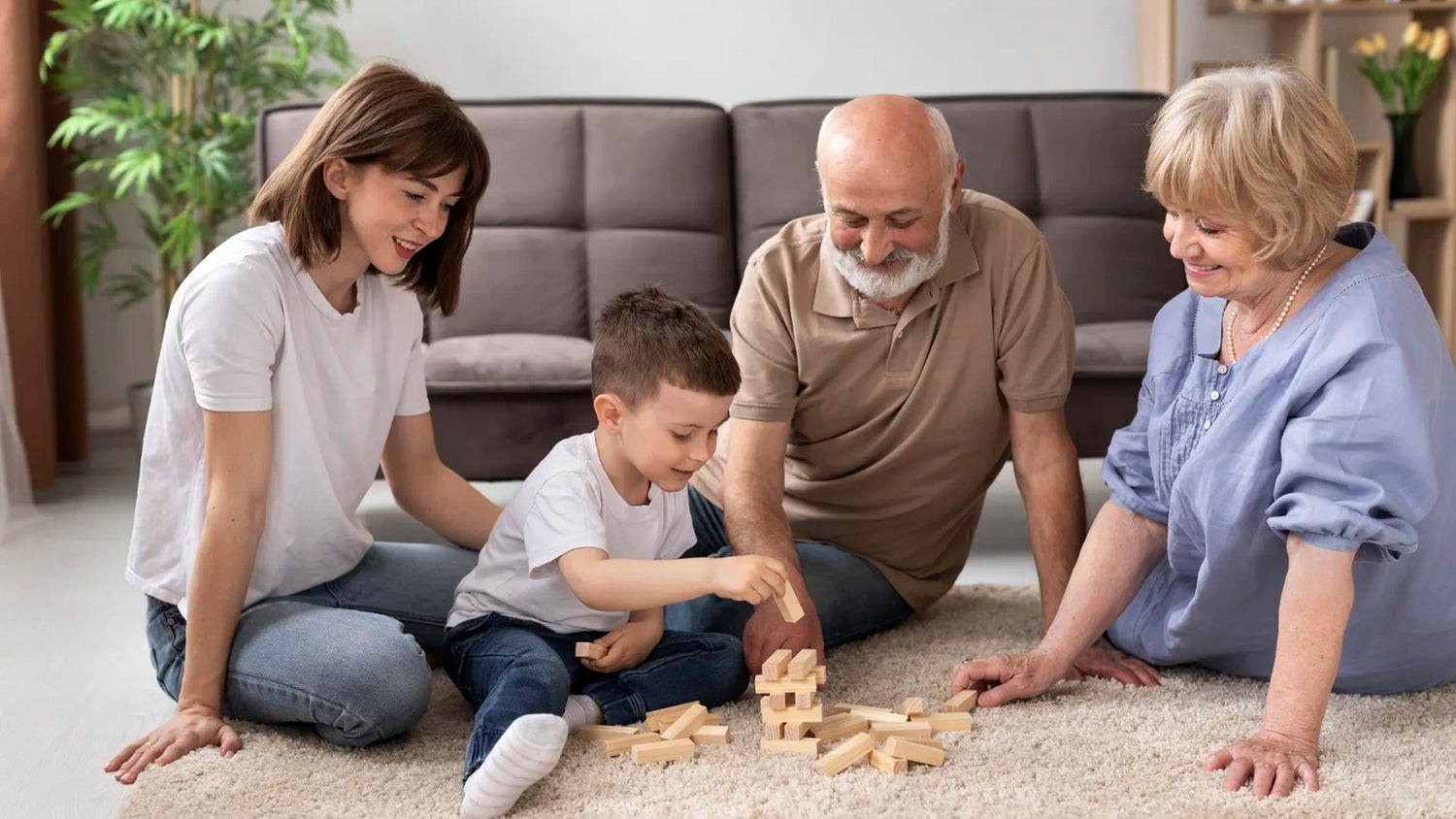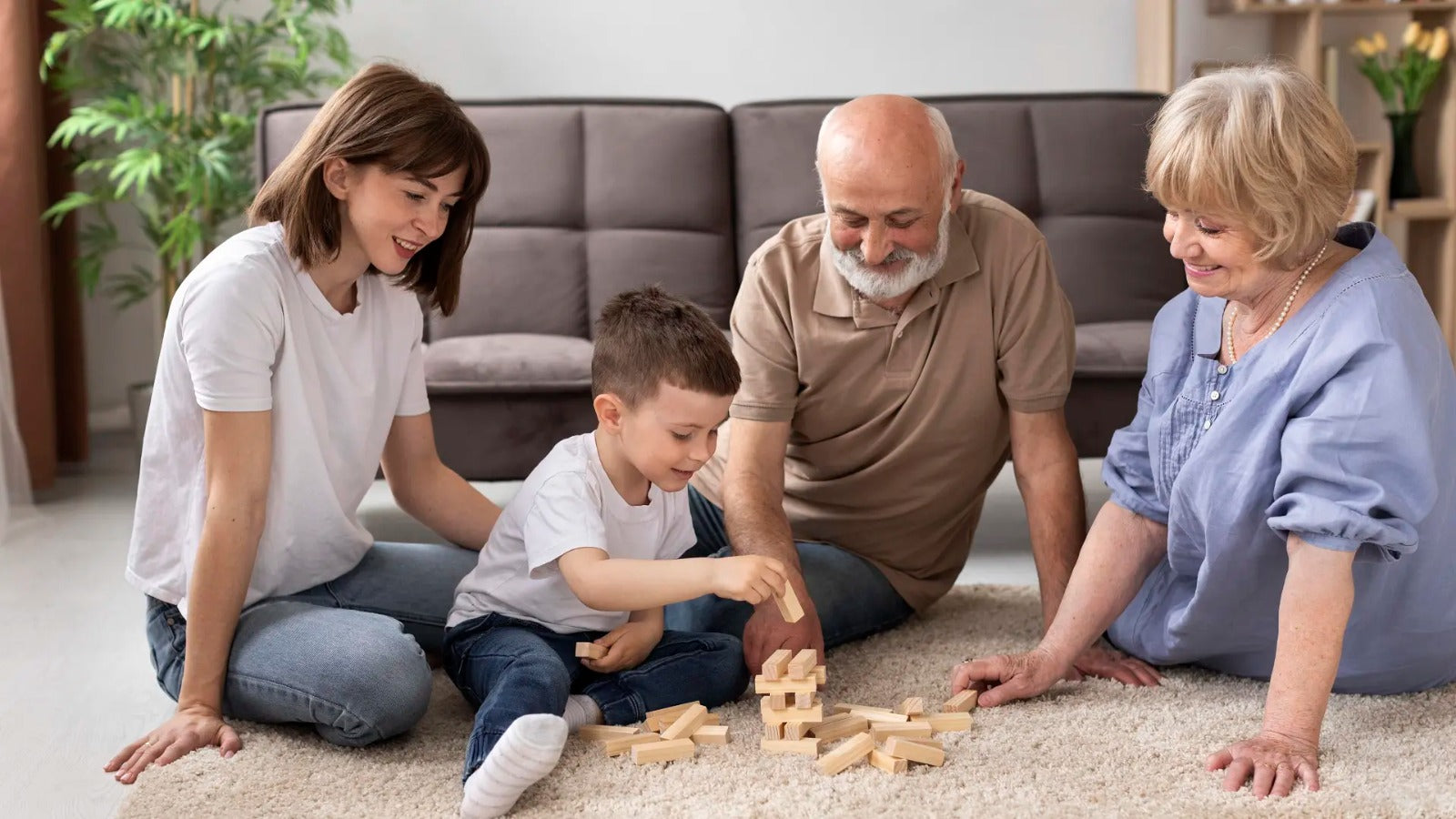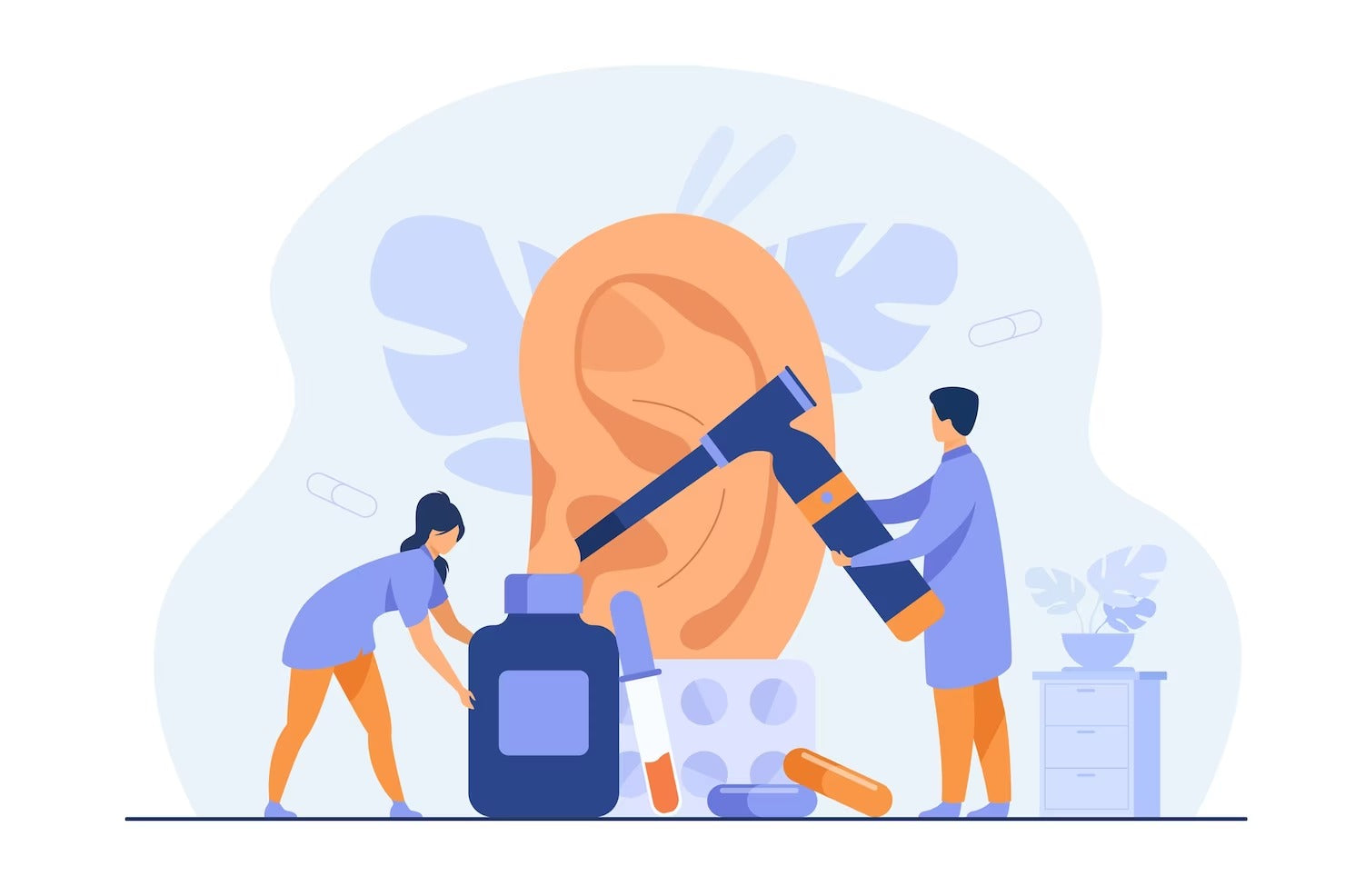When it comes to purchasing hearing aids, individuals may find that typical coverage alternatives are not always easily obtainable or accessible to them. Nevertheless, there are a number of one-of-a-kind chances that might potentially lead to channels of coverage and support. This article will throw light on some lesser-known avenues to assistance for hearing aids, including participating in clinical trials and using loaner programs for hearing aids, seeking help through humanitarian missions and school programs, and more.
Research Studies and Clinical Investigations: The Forerunners of Pioneering Innovations in Hearing Care
People who take part in clinical trials or research studies may have the opportunity to obtain cutting-edge hearing aid technology and therapies at a reduced cost or even for free. These studies are often carried out by academic institutions, research organizations, or manufacturers of hearing aids who are creating and testing new devices, features, or treatment strategies.
Participating in a clinical trial may result in the provision of the study device or therapy throughout the period of the trial. However, participation in a clinical trial does not ensure the provision of free hearing aids. In addition, participants in certain studies may get paid or have their associated costs covered. Consider contacting local research organizations, universities, or hearing aid manufacturers to enquire about ongoing clinical trials or research studies in your region. This will allow you to investigate the viability of this alternative.
Programs that lend hearing aids can help bridge the gap in times of need.
Hearing aid loaner programs are intended to offer individuals with temporary hearing aids in the event that they suddenly lose, damage, or encounter a malfunction with their own hearing aids. These programs are frequently made available by audiology clinics, companies that make hearing aids, and charitable groups.
Loaner programs allow individuals to borrow hearing aids for a certain amount of time, which can range anywhere from a few days to several weeks, while their own hearing aids are being fixed or replaced. Even if there can be a little charge or a deposit required, these programs can be a very helpful resource for sustaining communication and quality of life in the event that unforeseen problems arise with the user's hearing aid.
Get in touch with local audiology clinics, hearing aid manufacturers, or national nonprofit organizations that are dedicated to helping people who have hearing loss so that you may investigate the several loaner program choices that are available.
Assistance to Isolated Communities is Provided by Humanitarian Organizations Via Their Missions and Outreach Programs
The provision of medical treatments, such as aural rehabilitation, to impoverished people in different parts of the world is a primary focus of humanitarian missions and outreach initiatives. In many cases, charity groups, government agencies, or multinational collaborations are the ones to take the lead on these projects.
It is possible that the distribution of hearing aids is one of the services provided by these missions in some instances. Individuals who would otherwise not have access to hearing healthcare may be eligible for hearing aids, fits, and follow-up treatment from some organizations at no cost or at a very reduced cost. Typically, the focus of these initiatives is on regions that have few resources or populations that have been devastated by natural disasters or wars.
Research organizations like the Starkey Hearing Foundation and the Hear the World Foundation, as well as local audiology groups that are participating in global outreach activities, to get further information on humanitarian missions and outreach programs that include the providing of hearing aids.
Supporting Students' Hearing Health in Educational Settings Through Schools or Other Educational Programs for Students
It is the goal of schools and educational programs to assist children who have hearing loss and guarantee that they are successful in their academic pursuits. These programs frequently work in conjunction with educational establishments, school districts, and experts working in the field of hearing healthcare.
Hearing aids themselves might not be directly supported by these programs, but students who have hearing loss still have access to helpful resources and services thanks to these initiatives. This might involve educational help, audiological exams, assistive listening equipment, and guidance on getting the proper hearing aids. Additionally, school programs may either create connections with appropriate community resources or give information on various alternatives for receiving financial aid.
If you are a student who needs assistance with hearing aids or if you are a parent who has a kid who has hearing loss, you should contact the special education department or a guidance counselor at your school to enquire about the available programs and services.
In conclusion, coverage and help for hearing aids can extend beyond the traditionally accepted channels. Individuals might explore alternative ways to support their hearing health by engaging in activities such as participating in scientific studies, employing hearing aid loaner programs, seeking assistance through humanitarian missions, or participating in school programs. When looking for hearing aid coverage and support, you should keep in mind the importance of conducting in-depth research, making contact with important organizations, and maintaining a proactive position.
Research Studies and Clinical Investigations: The Forerunners of Pioneering Innovations in Hearing Care
People who take part in clinical trials or research studies may have the opportunity to obtain cutting-edge hearing aid technology and therapies at a reduced cost or even for free. These studies are often carried out by academic institutions, research organizations, or manufacturers of hearing aids who are creating and testing new devices, features, or treatment strategies.
Participating in a clinical trial may result in the provision of the study device or therapy throughout the period of the trial. However, participation in a clinical trial does not ensure the provision of free hearing aids. In addition, participants in certain studies may get paid or have their associated costs covered. Consider contacting local research organizations, universities, or hearing aid manufacturers to enquire about ongoing clinical trials or research studies in your region. This will allow you to investigate the viability of this alternative.
Programs that lend hearing aids can help bridge the gap in times of need.
Hearing aid loaner programs are intended to offer individuals with temporary hearing aids in the event that they suddenly lose, damage, or encounter a malfunction with their own hearing aids. These programs are frequently made available by audiology clinics, companies that make hearing aids, and charitable groups.
Loaner programs allow individuals to borrow hearing aids for a certain amount of time, which can range anywhere from a few days to several weeks, while their own hearing aids are being fixed or replaced. Even if there can be a little charge or a deposit required, these programs can be a very helpful resource for sustaining communication and quality of life in the event that unforeseen problems arise with the user's hearing aid.
Get in touch with local audiology clinics, hearing aid manufacturers, or national nonprofit organizations that are dedicated to helping people who have hearing loss so that you may investigate the several loaner program choices that are available.
Assistance to Isolated Communities is Provided by Humanitarian Organizations Via Their Missions and Outreach Programs
The provision of medical treatments, such as aural rehabilitation, to impoverished people in different parts of the world is a primary focus of humanitarian missions and outreach initiatives. In many cases, charity groups, government agencies, or multinational collaborations are the ones to take the lead on these projects.
It is possible that the distribution of hearing aids is one of the services provided by these missions in some instances. Individuals who would otherwise not have access to hearing healthcare may be eligible for hearing aids, fits, and follow-up treatment from some organizations at no cost or at a very reduced cost. Typically, the focus of these initiatives is on regions that have few resources or populations that have been devastated by natural disasters or wars.
Research organizations like the Starkey Hearing Foundation and the Hear the World Foundation, as well as local audiology groups that are participating in global outreach activities, to get further information on humanitarian missions and outreach programs that include the providing of hearing aids.
Supporting Students' Hearing Health in Educational Settings Through Schools or Other Educational Programs for Students
It is the goal of schools and educational programs to assist children who have hearing loss and guarantee that they are successful in their academic pursuits. These programs frequently work in conjunction with educational establishments, school districts, and experts working in the field of hearing healthcare.
Hearing aids themselves might not be directly supported by these programs, but students who have hearing loss still have access to helpful resources and services thanks to these initiatives. This might involve educational help, audiological exams, assistive listening equipment, and guidance on getting the proper hearing aids. Additionally, school programs may either create connections with appropriate community resources or give information on various alternatives for receiving financial aid.
If you are a student who needs assistance with hearing aids or if you are a parent who has a kid who has hearing loss, you should contact the special education department or a guidance counselor at your school to enquire about the available programs and services.
In conclusion, coverage and help for hearing aids can extend beyond the traditionally accepted channels. Individuals might explore alternative ways to support their hearing health by engaging in activities such as participating in scientific studies, employing hearing aid loaner programs, seeking assistance through humanitarian missions, or participating in school programs. When looking for hearing aid coverage and support, you should keep in mind the importance of conducting in-depth research, making contact with important organizations, and maintaining a proactive position.


